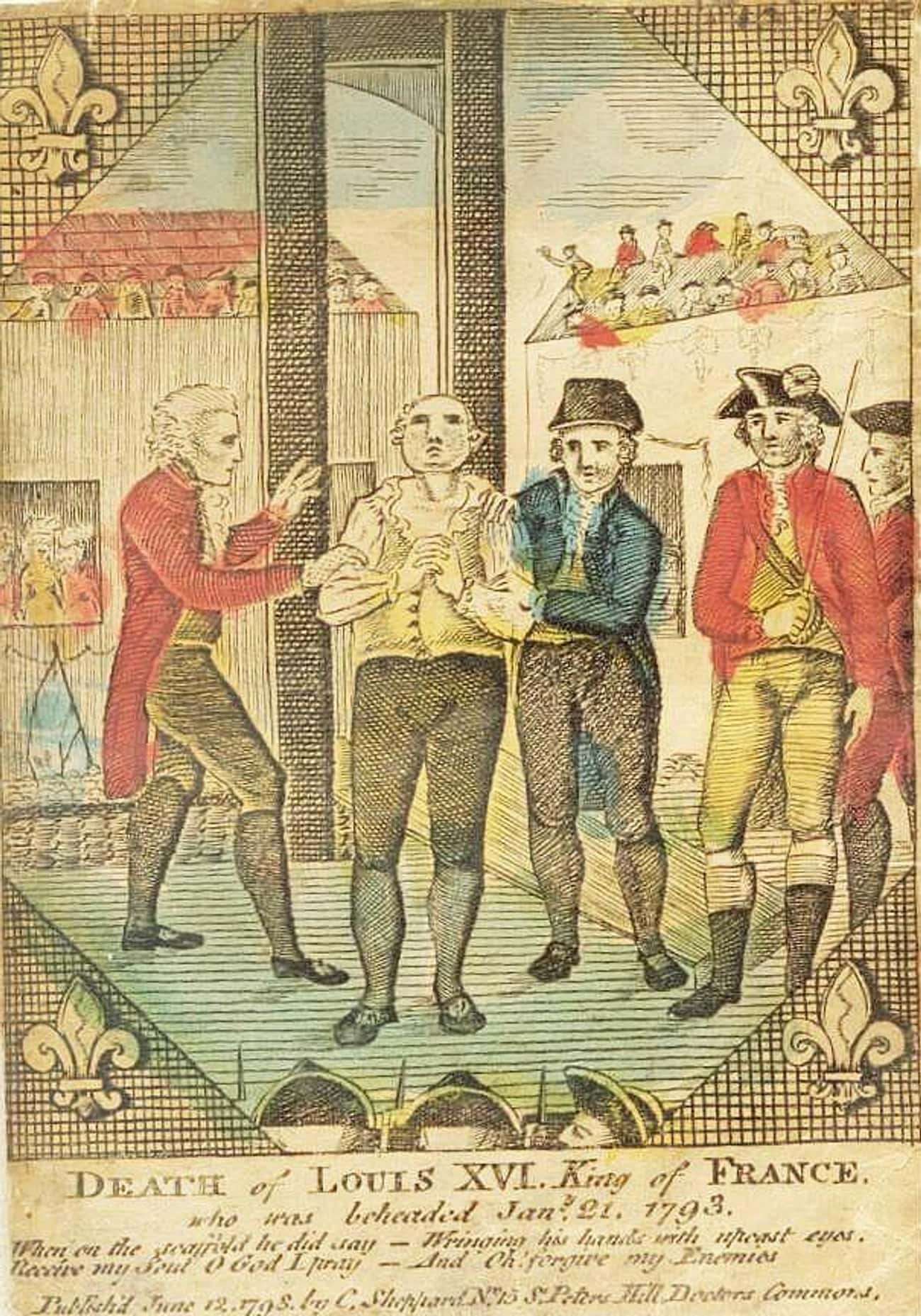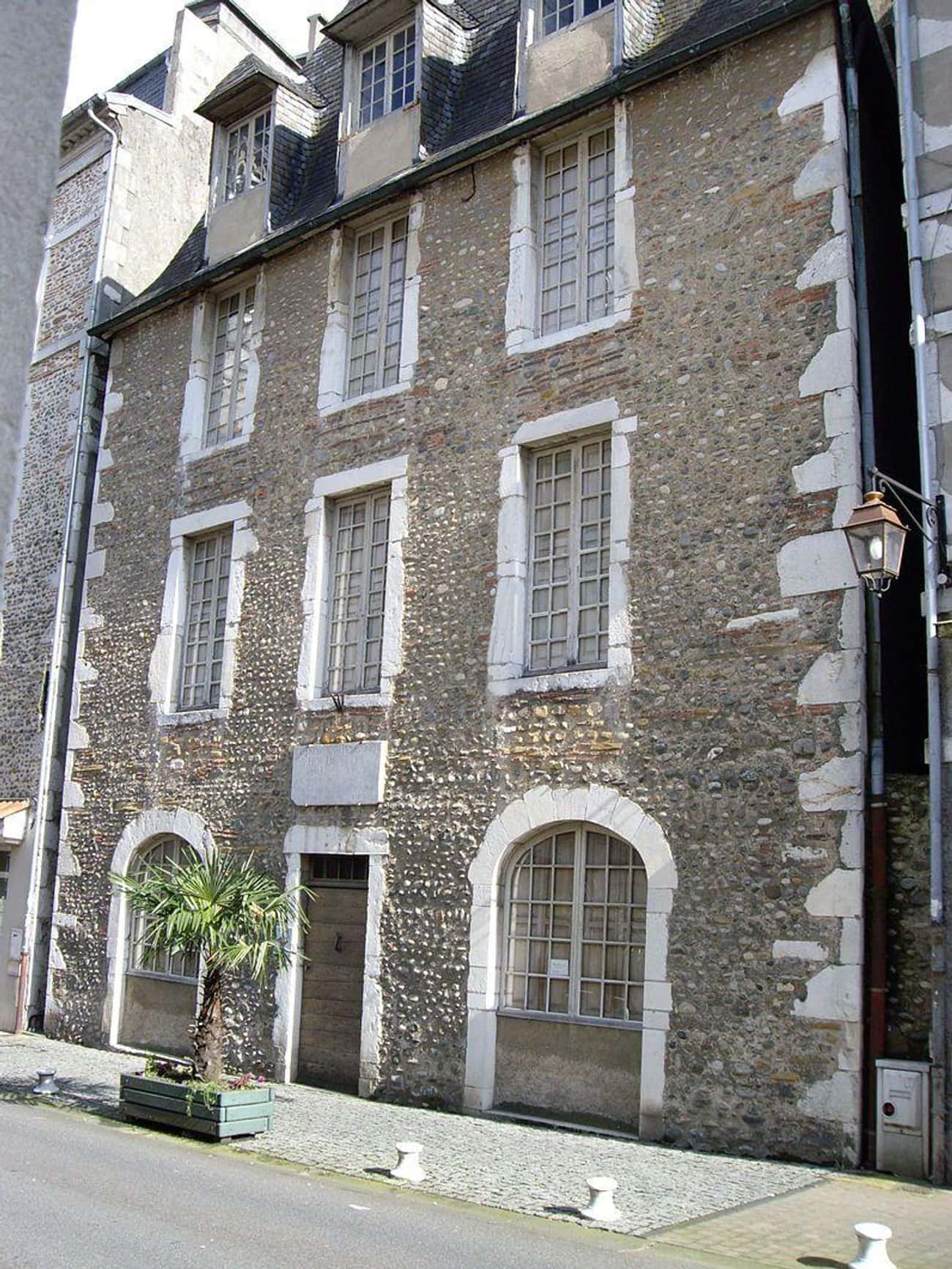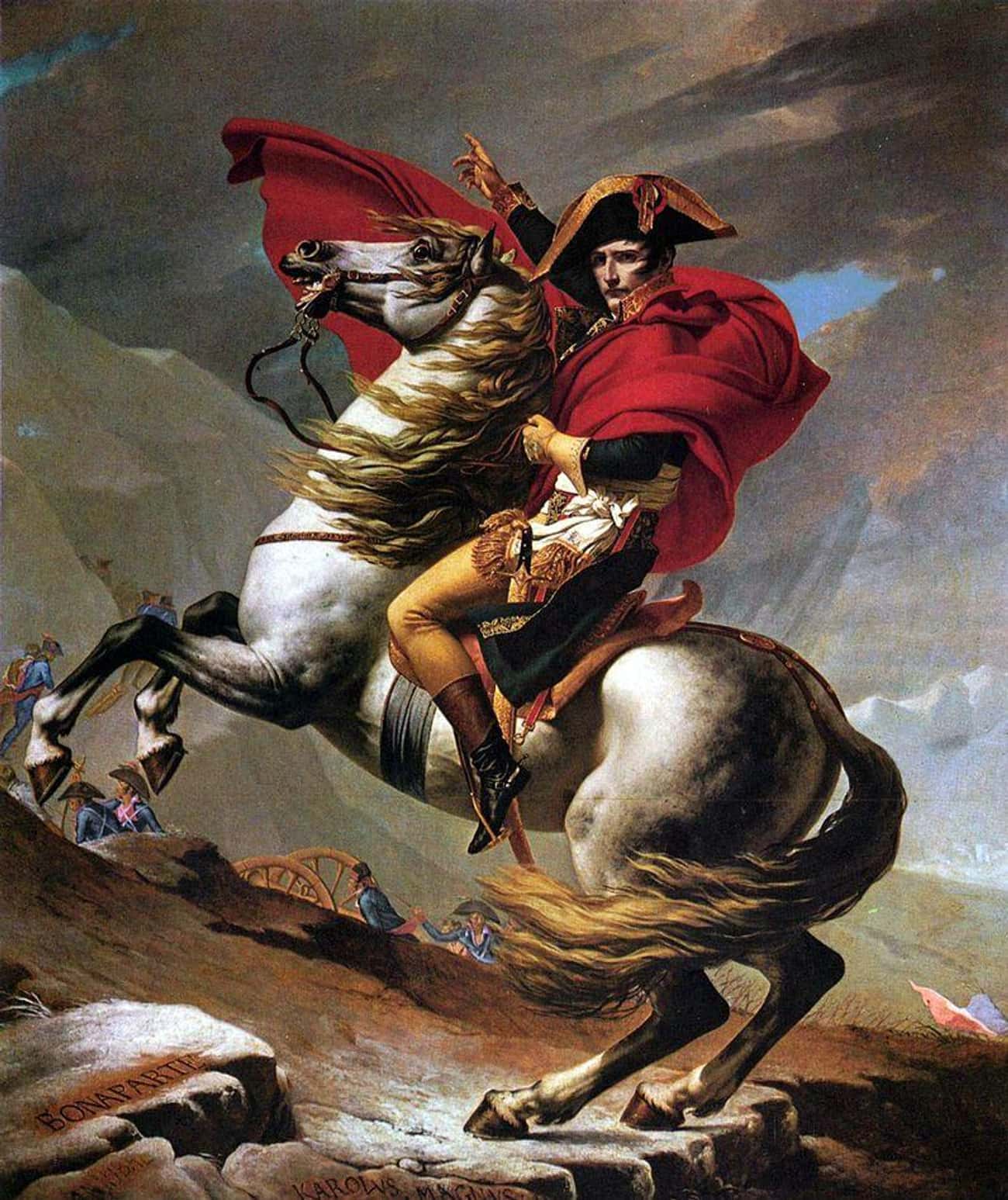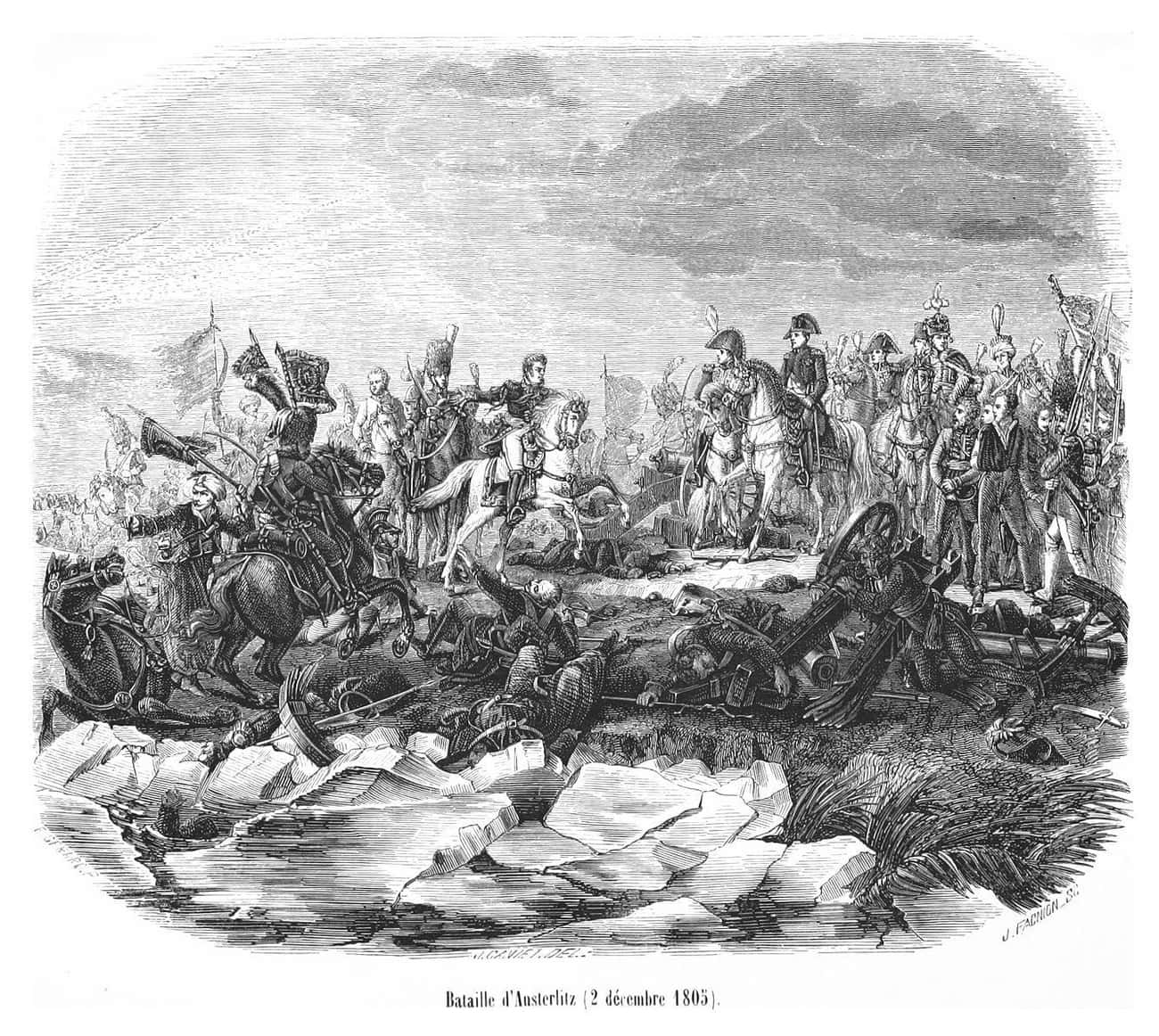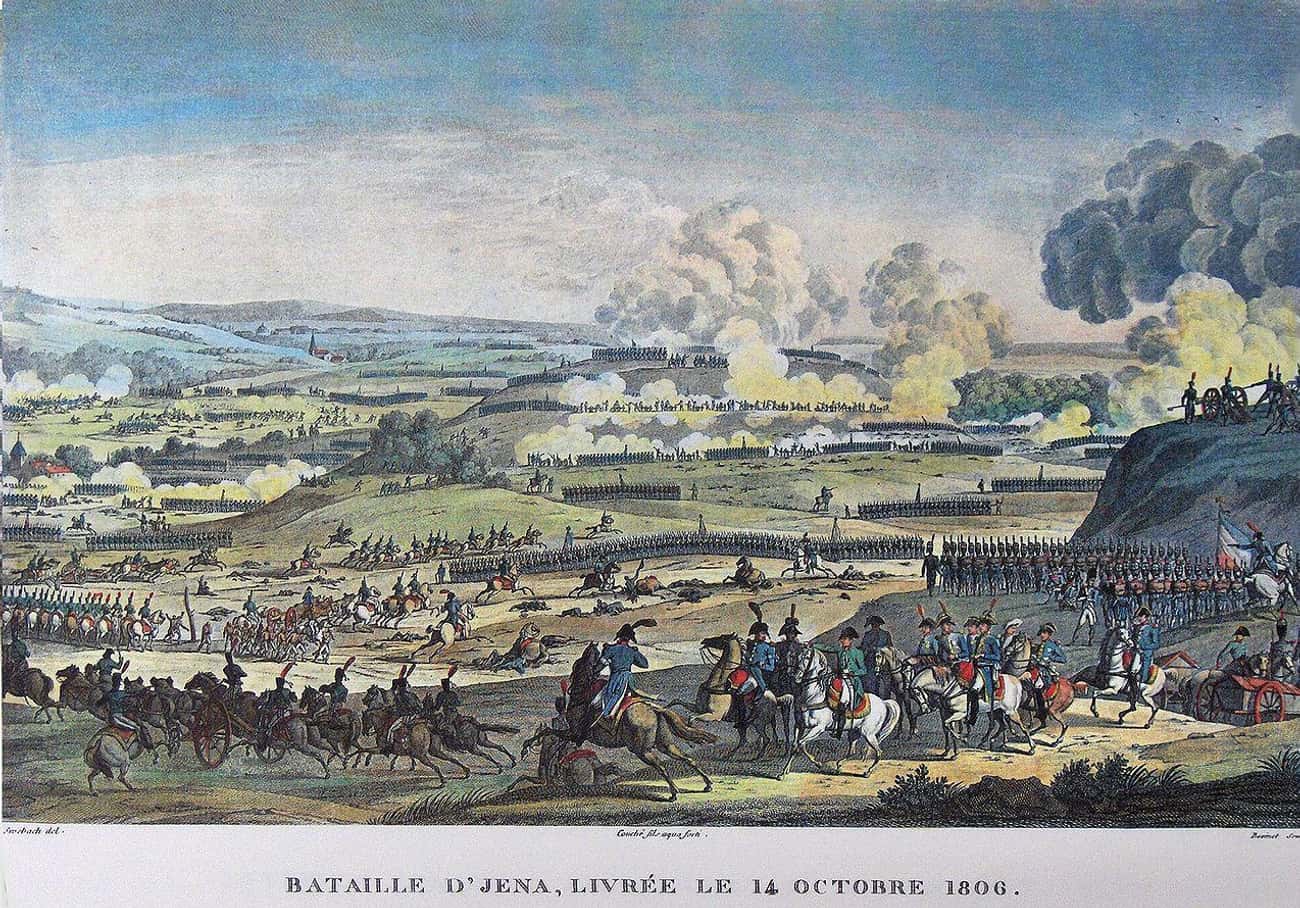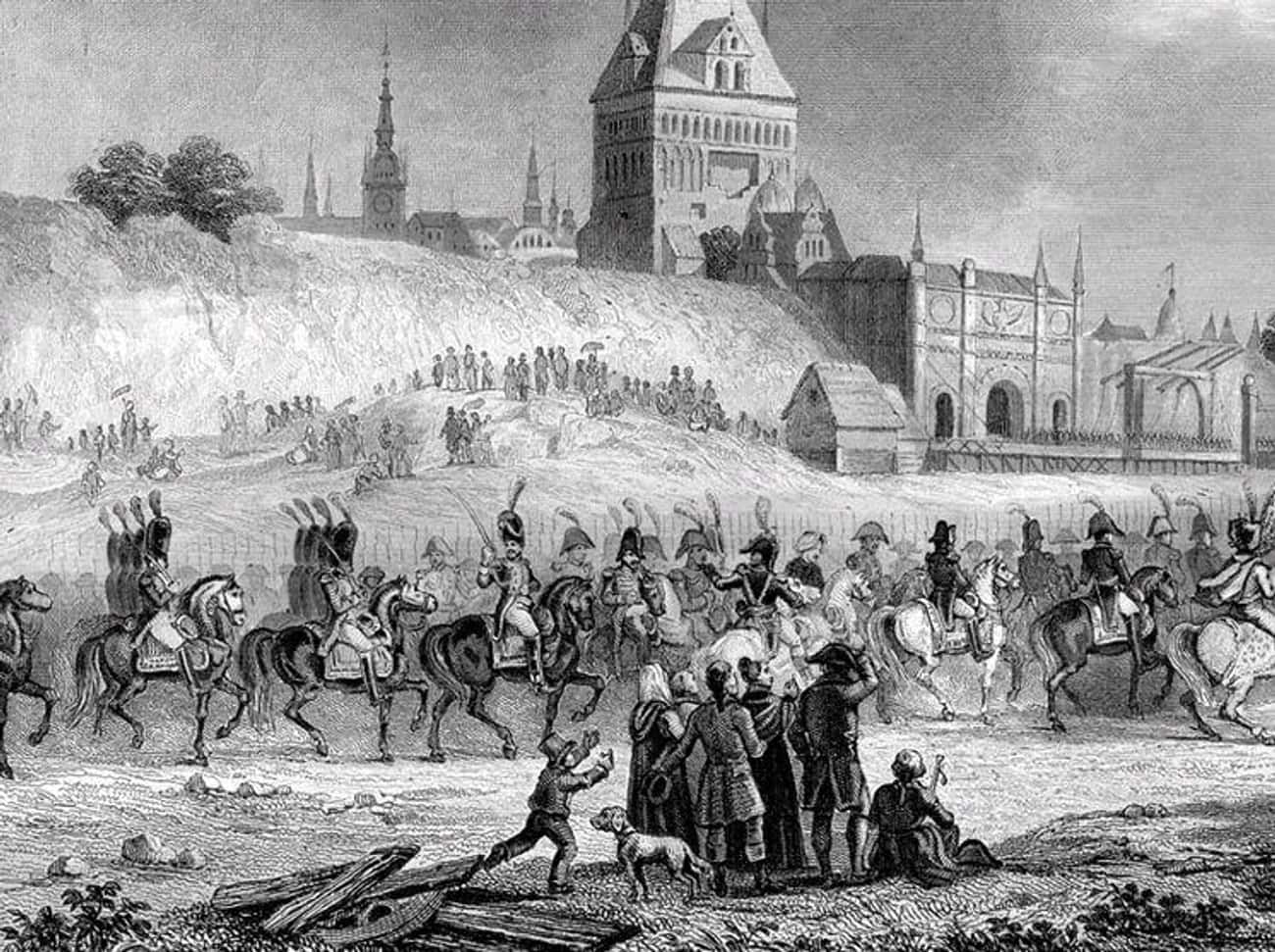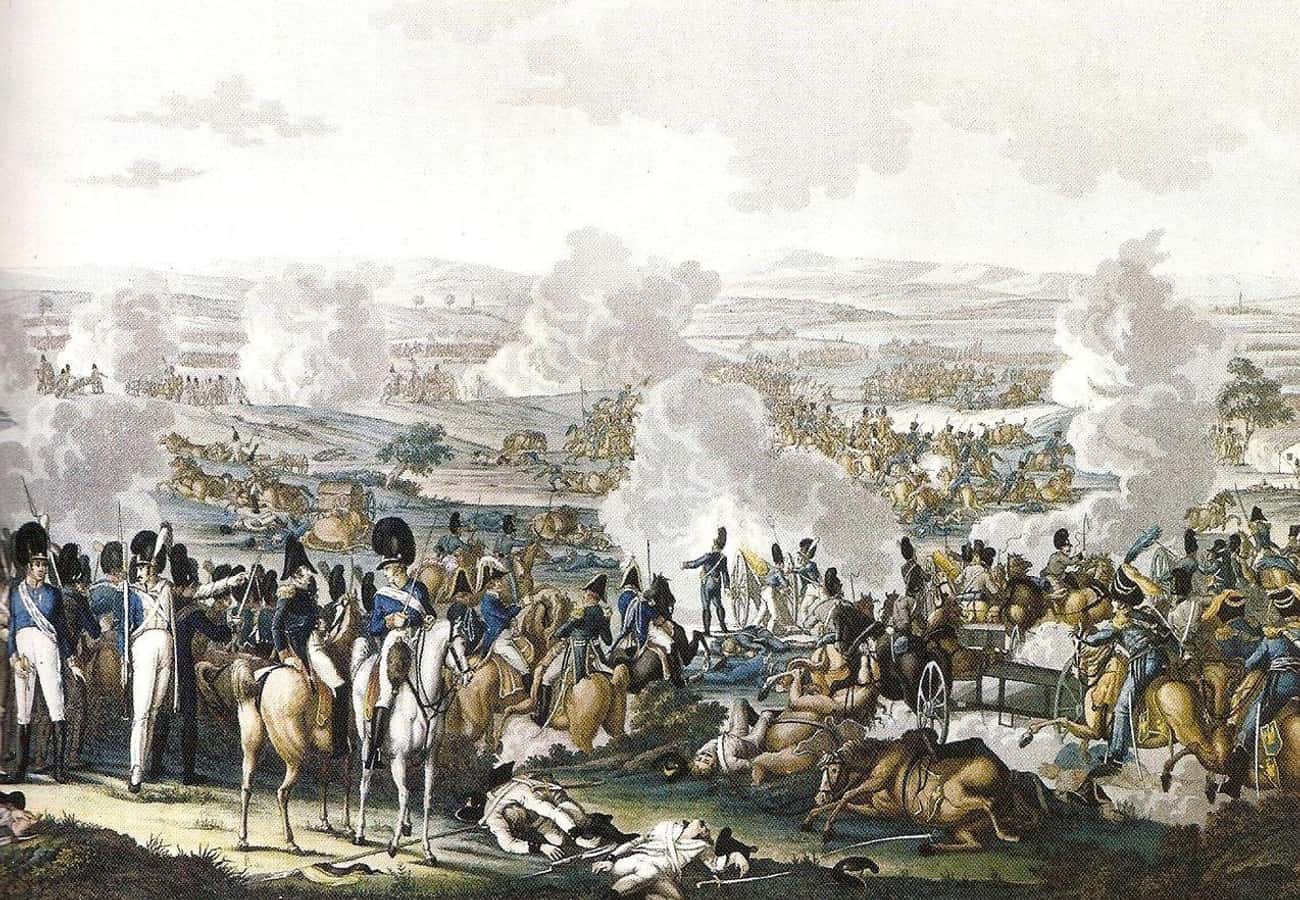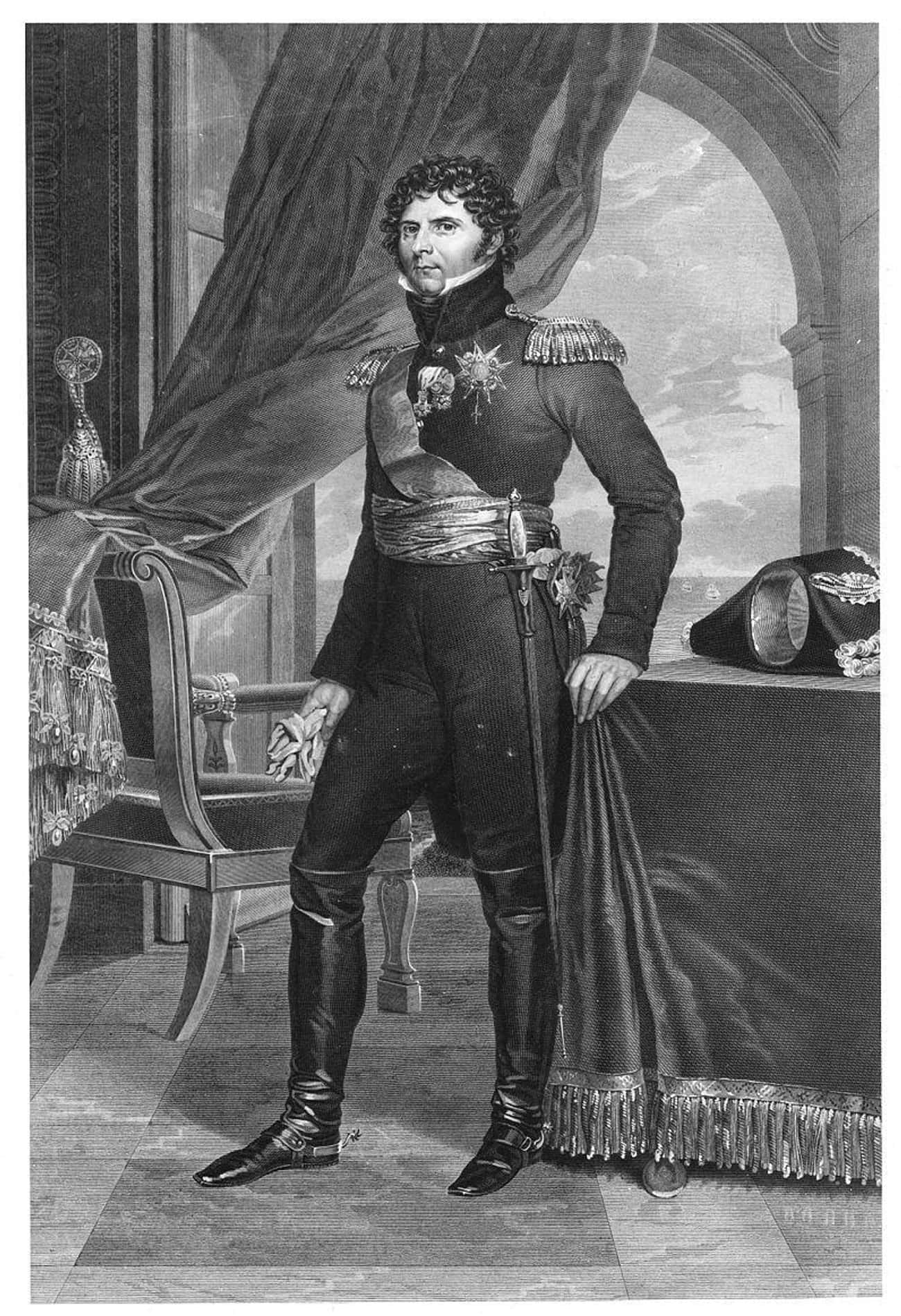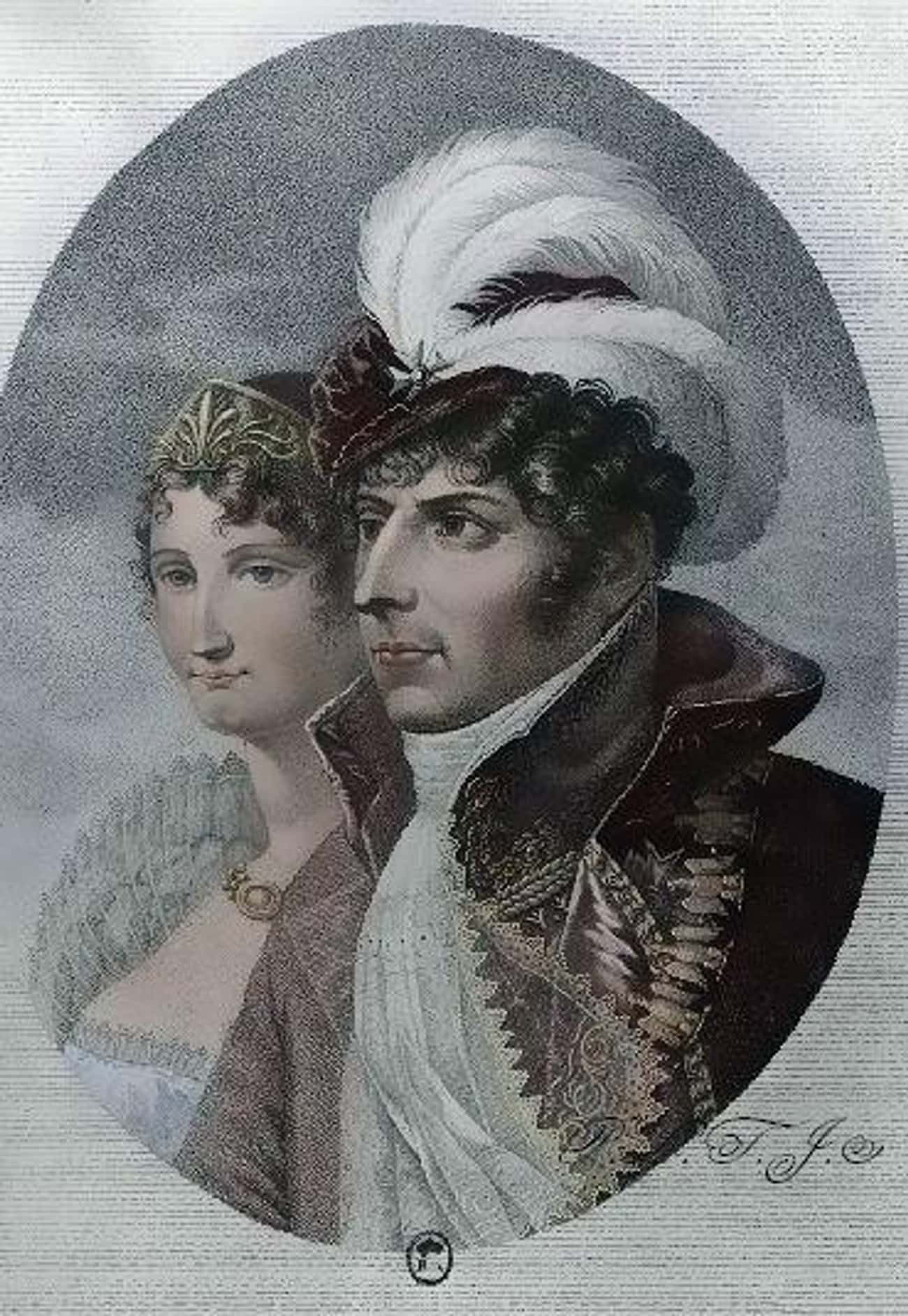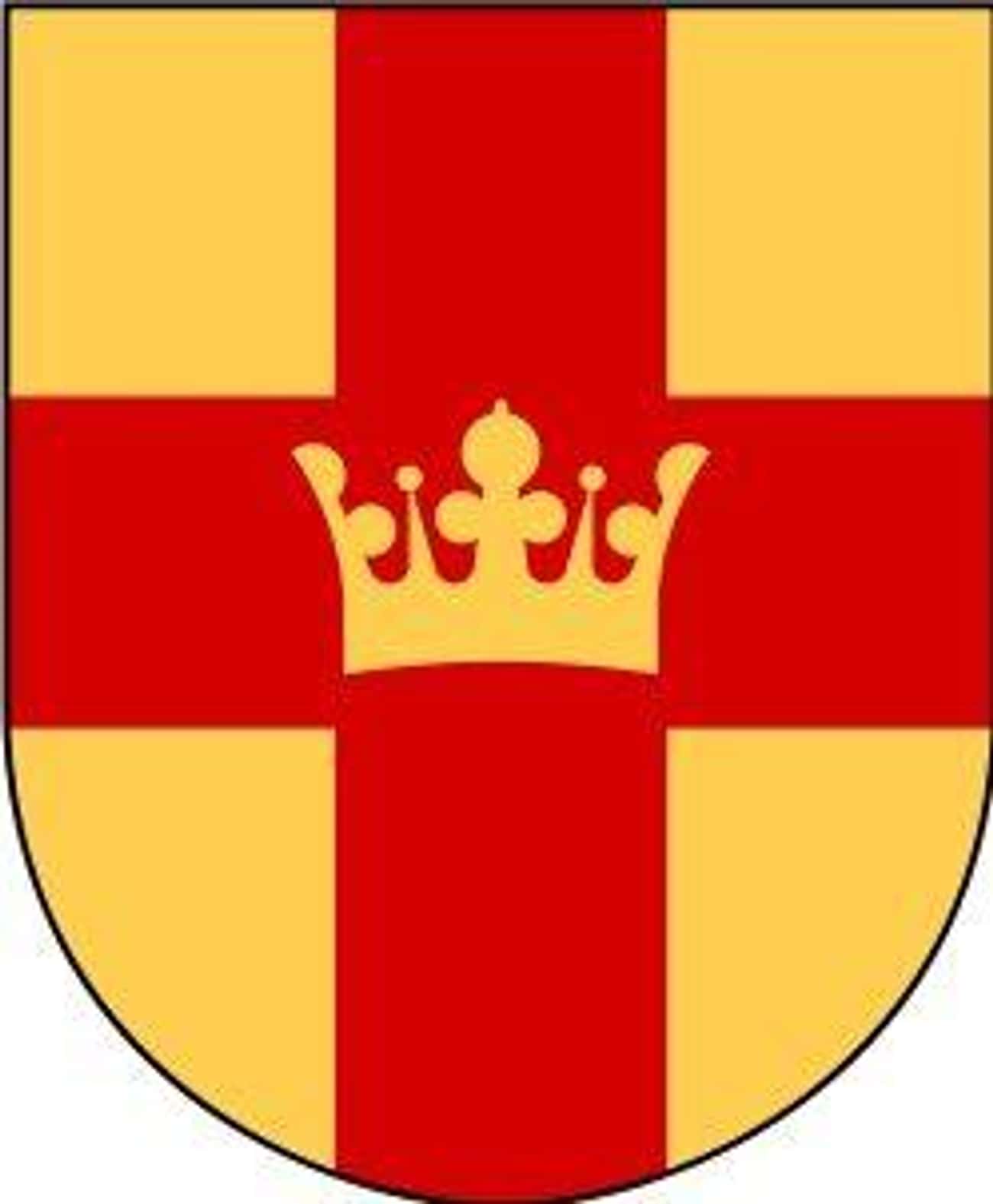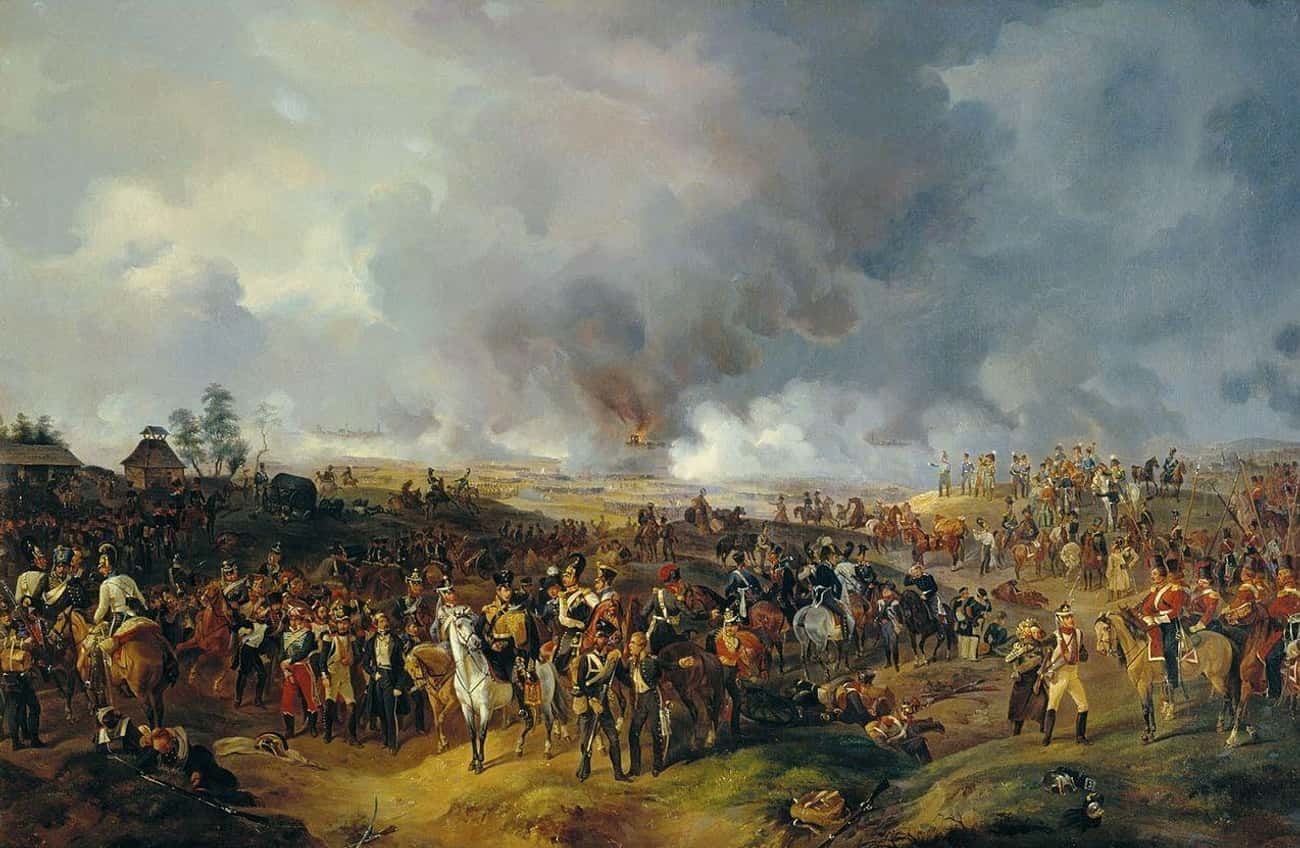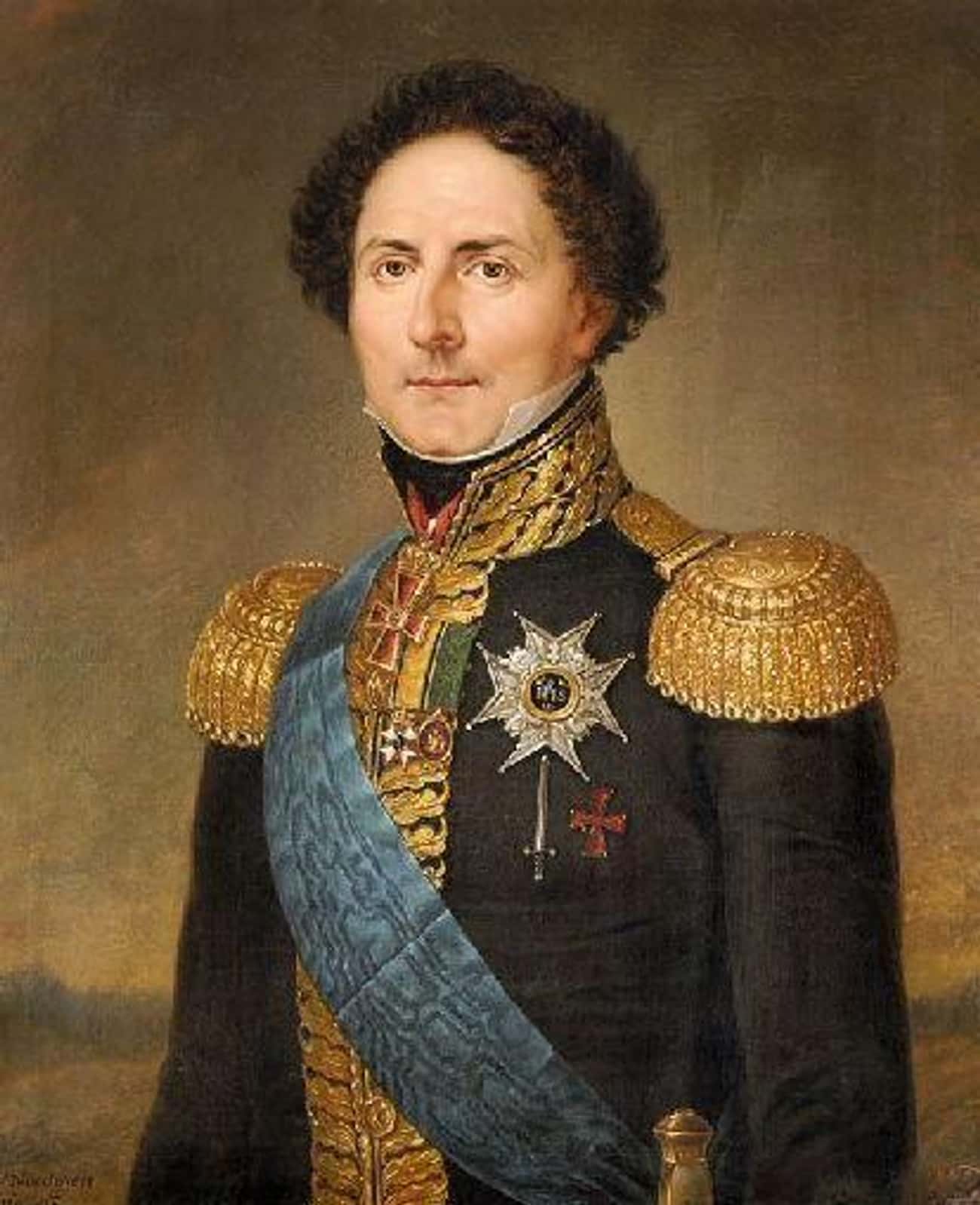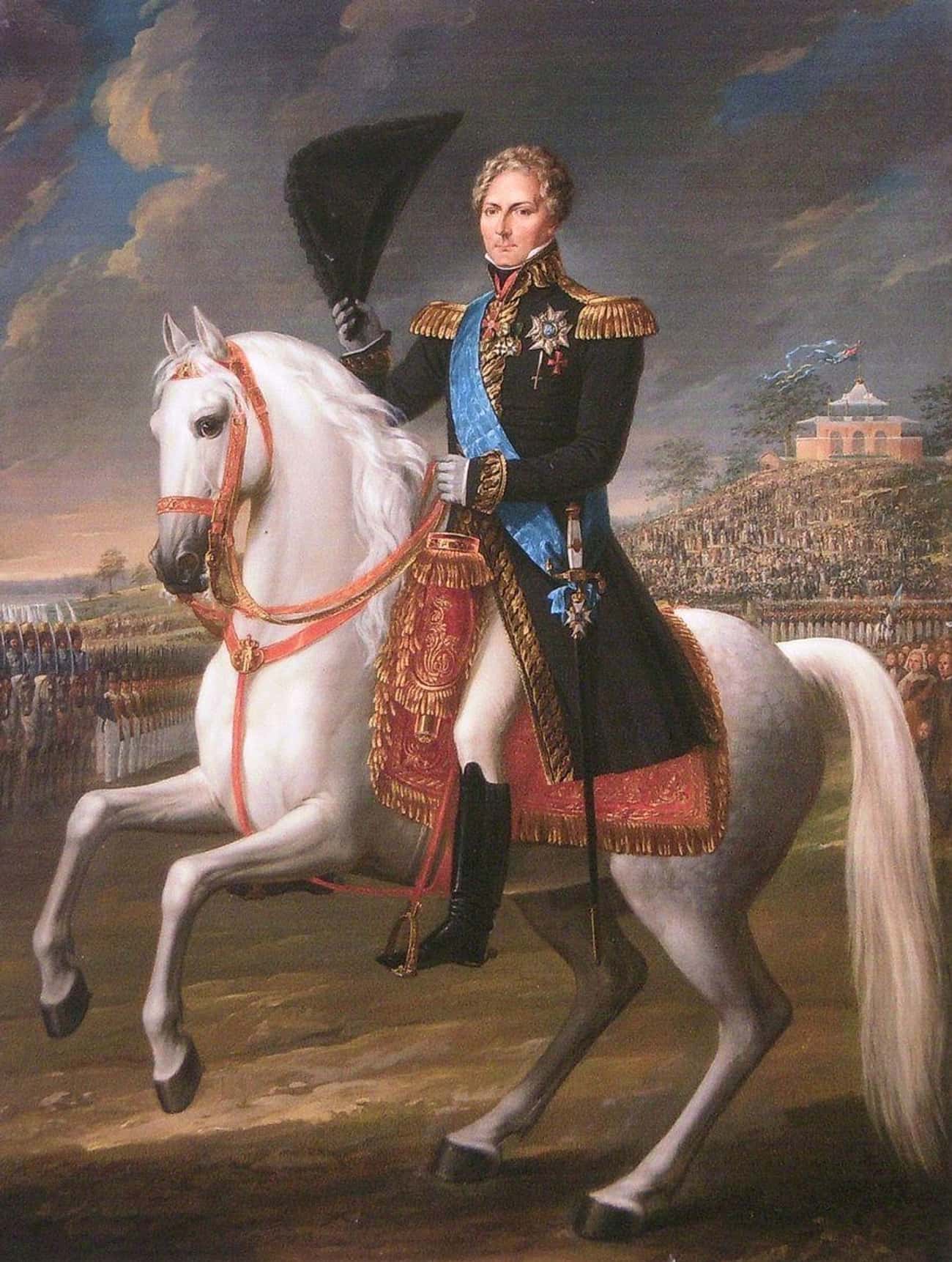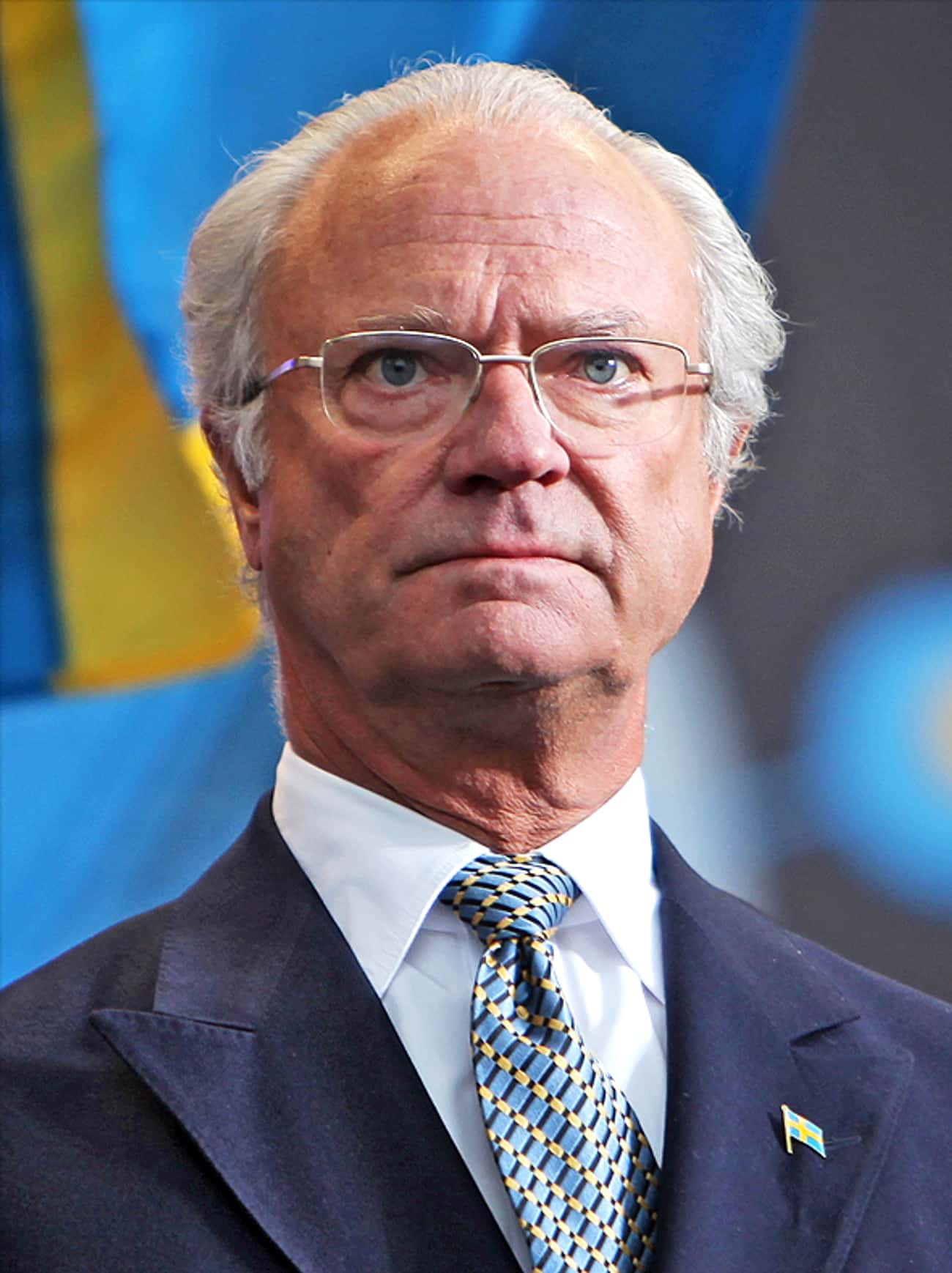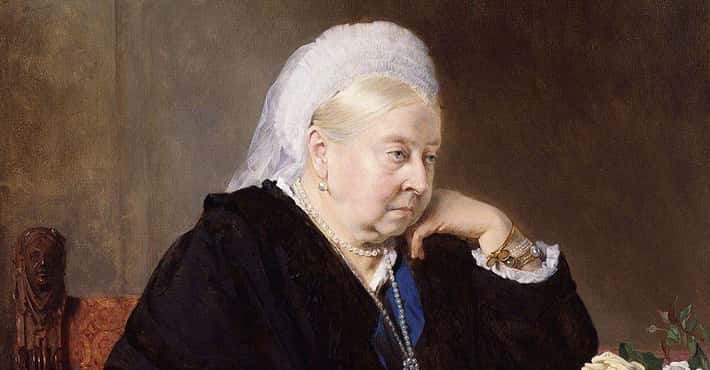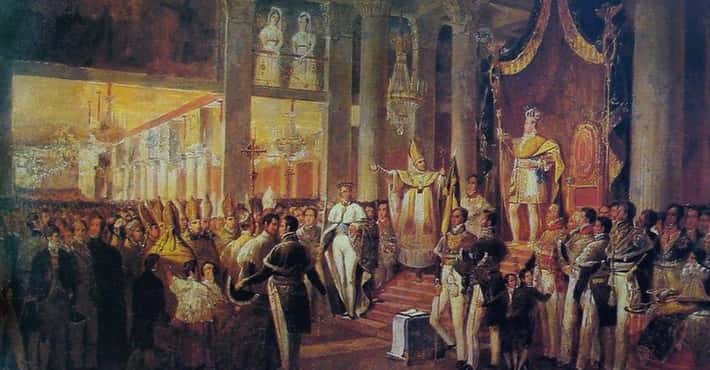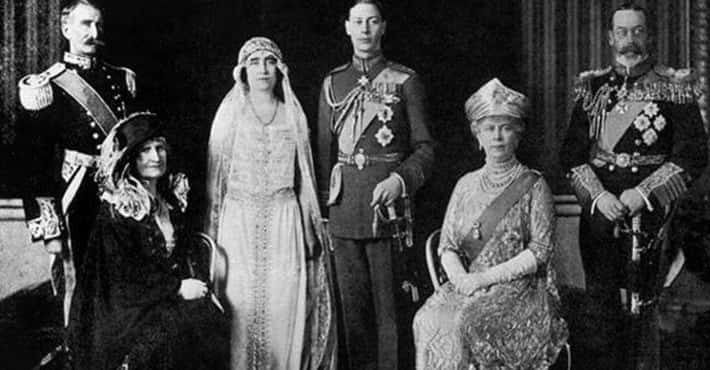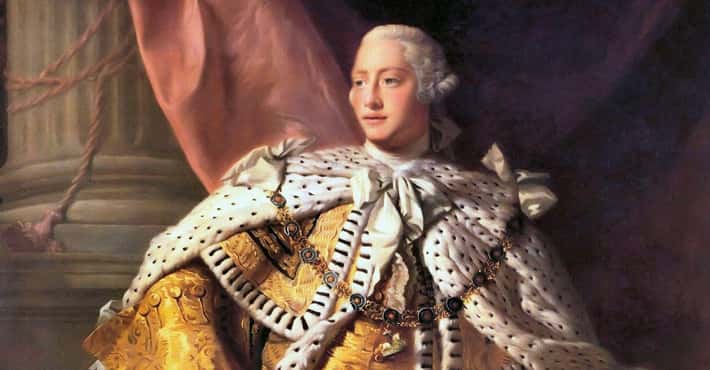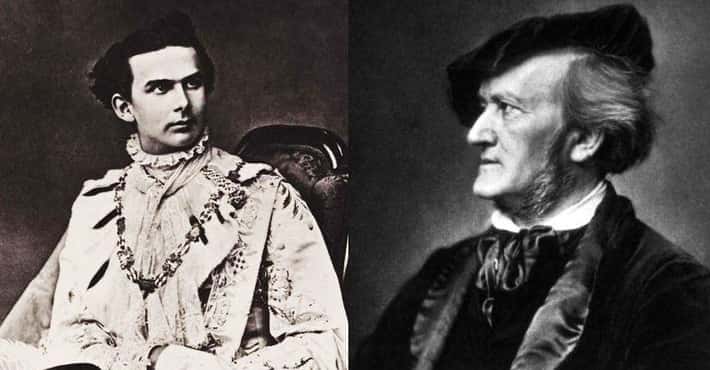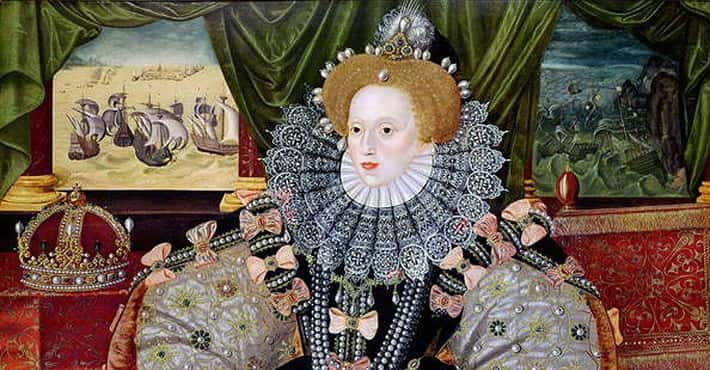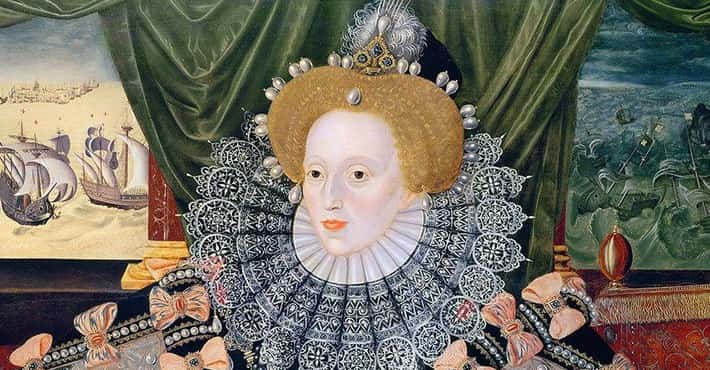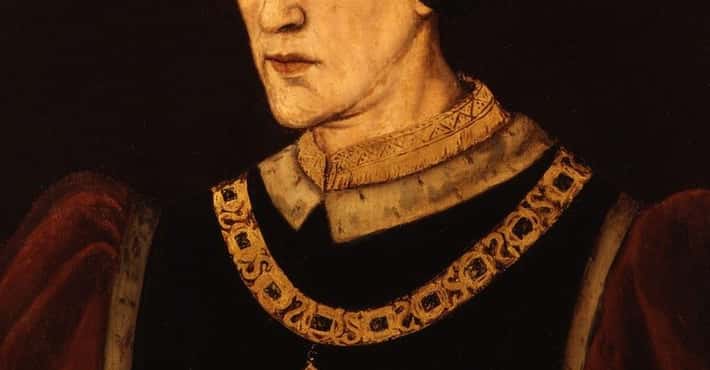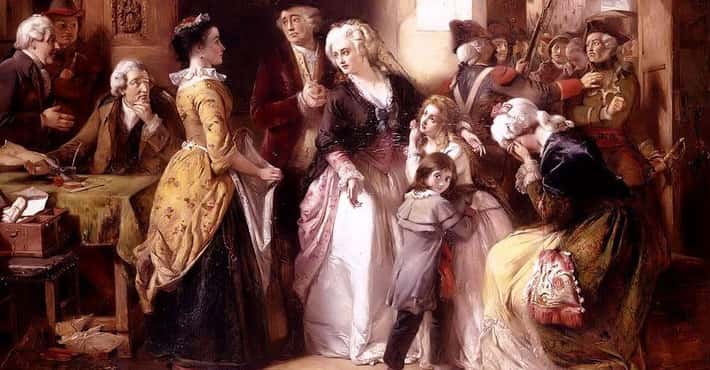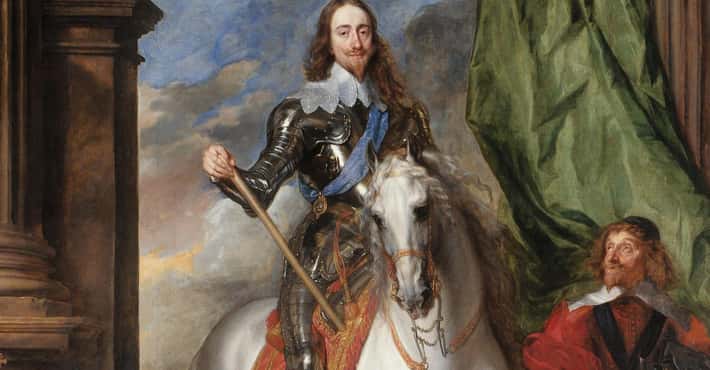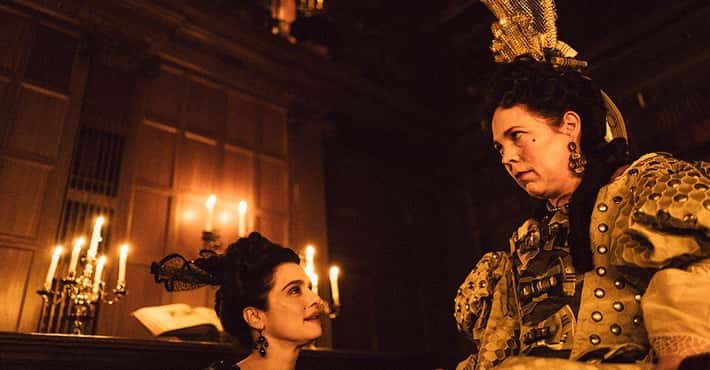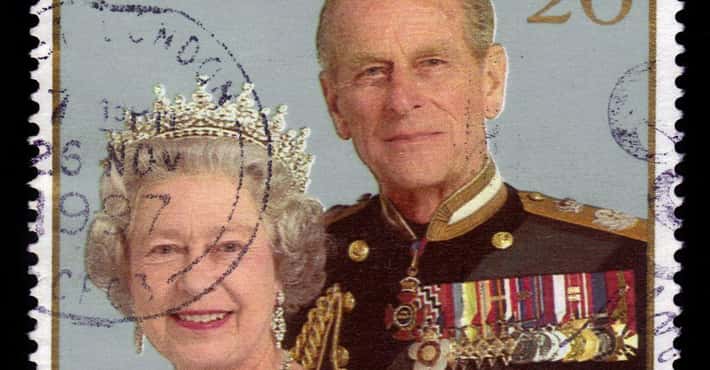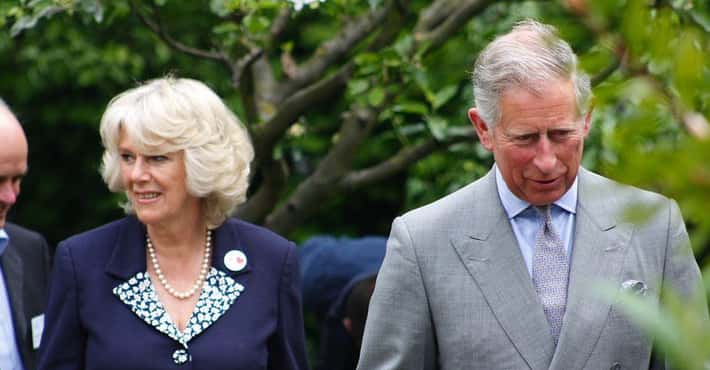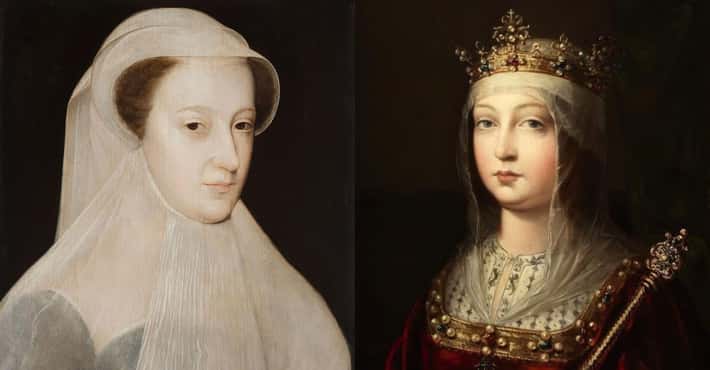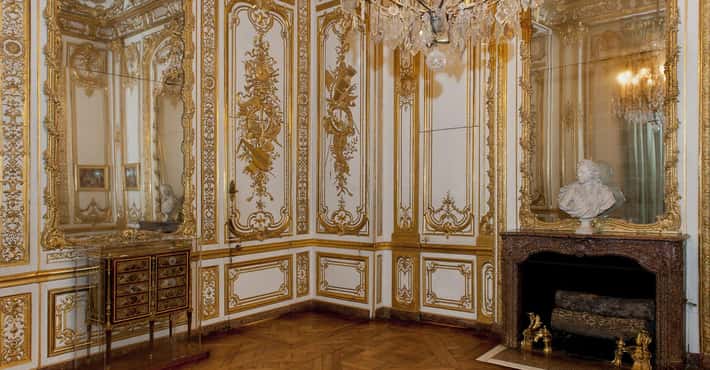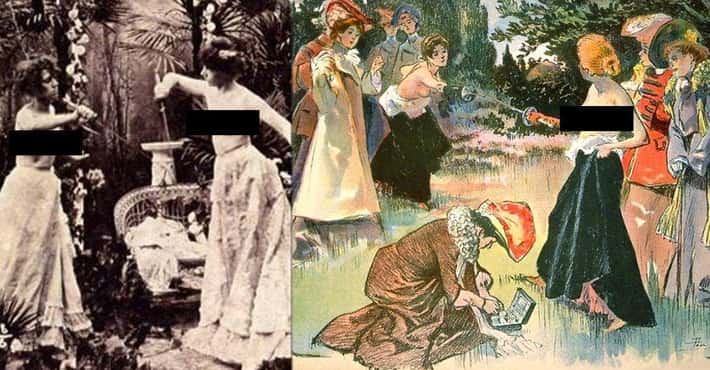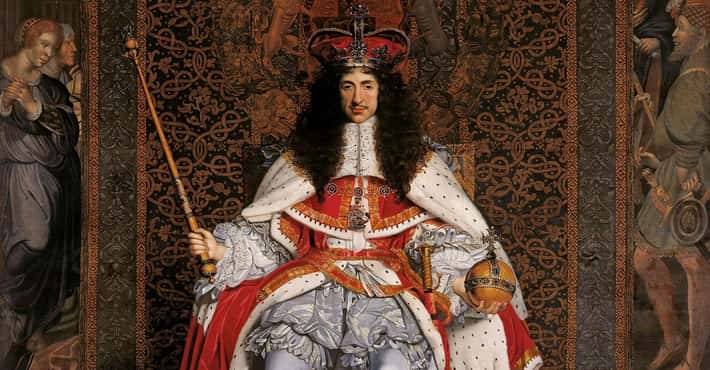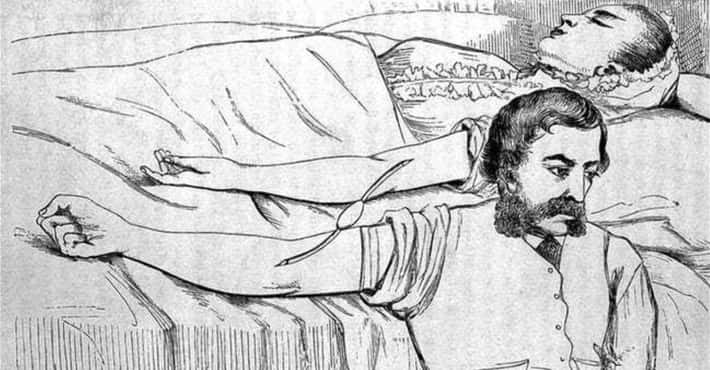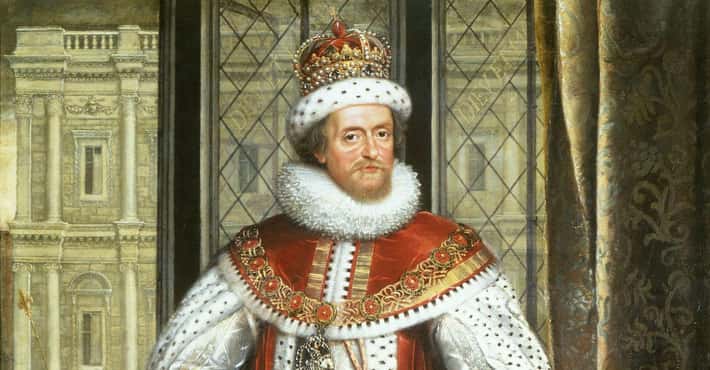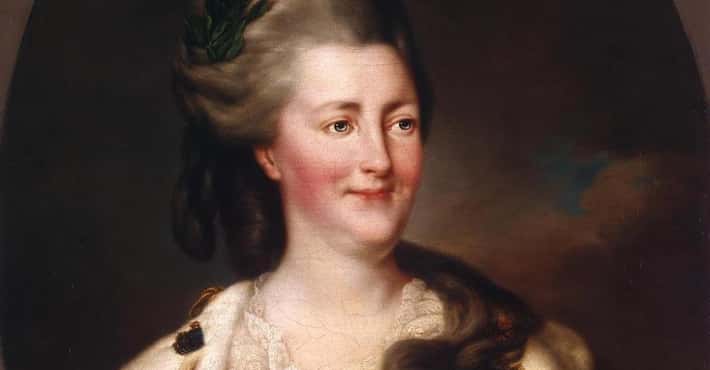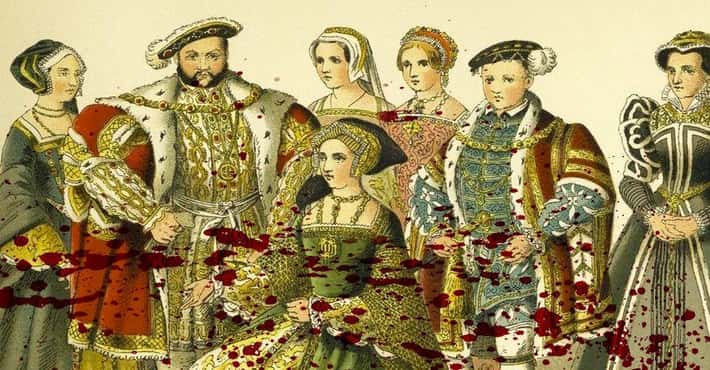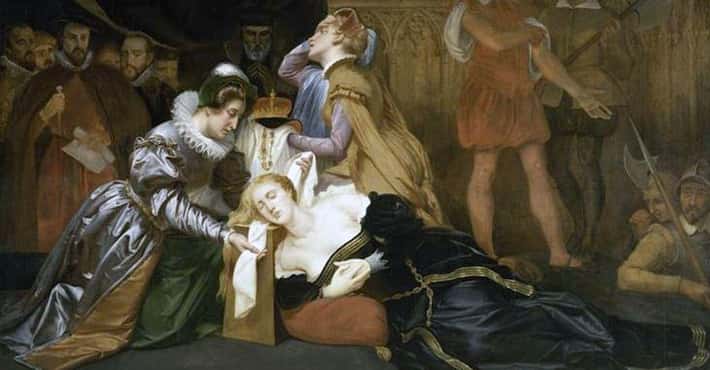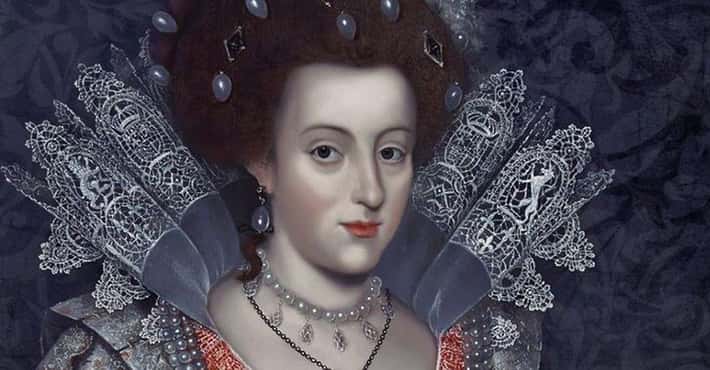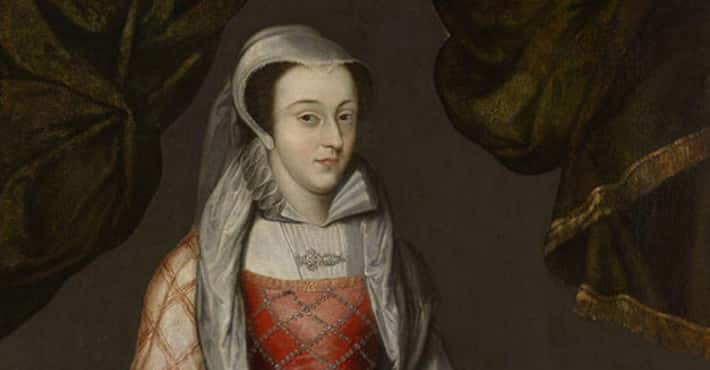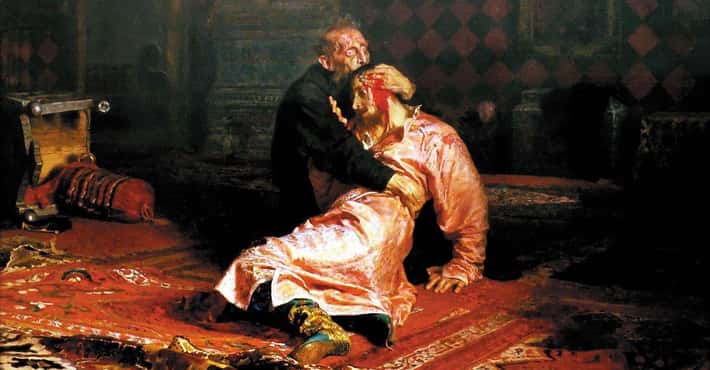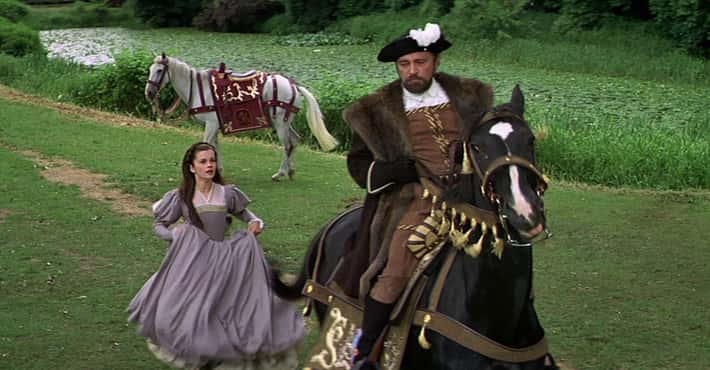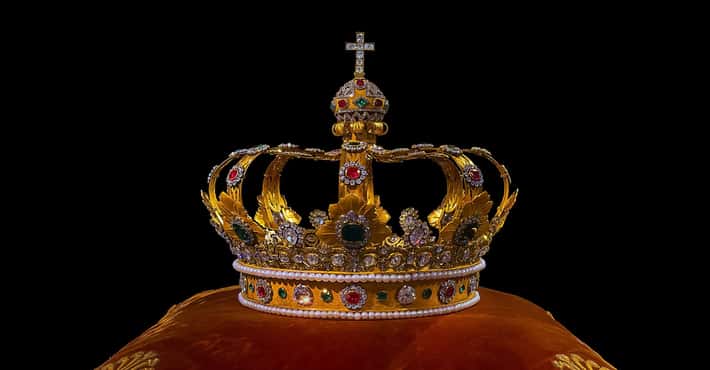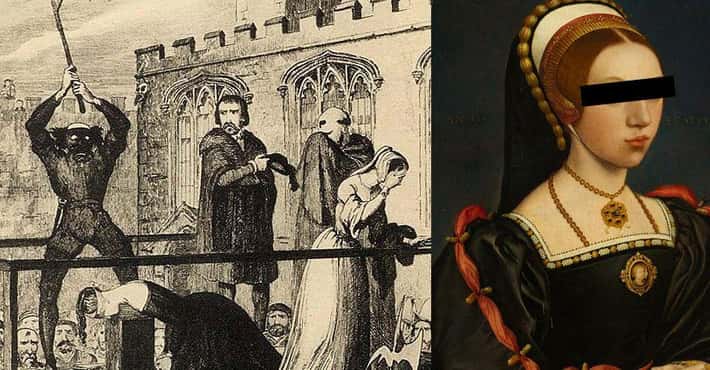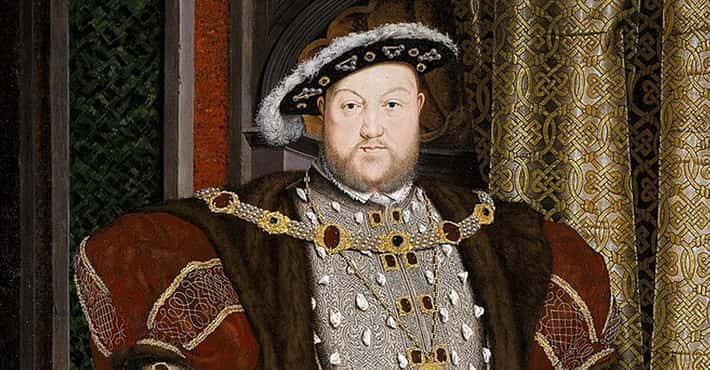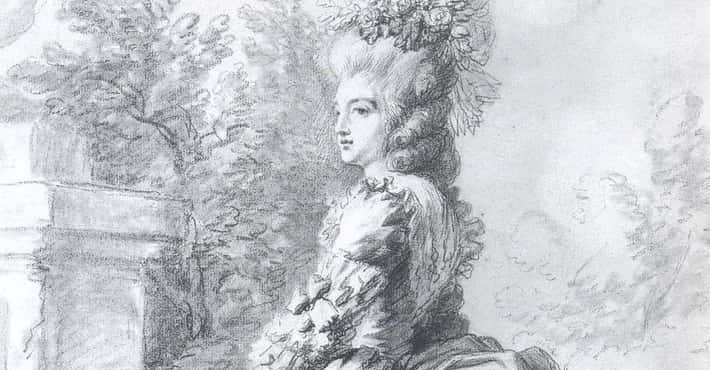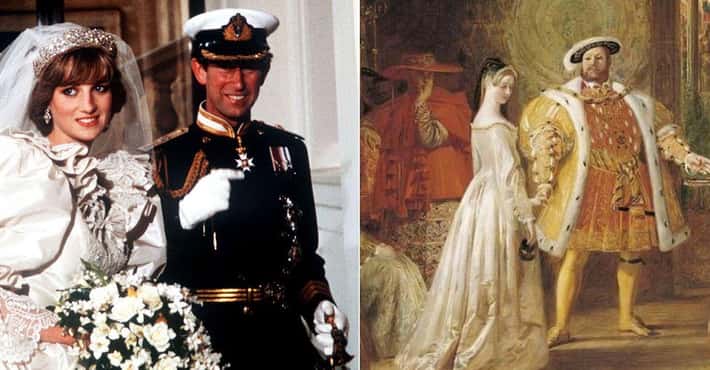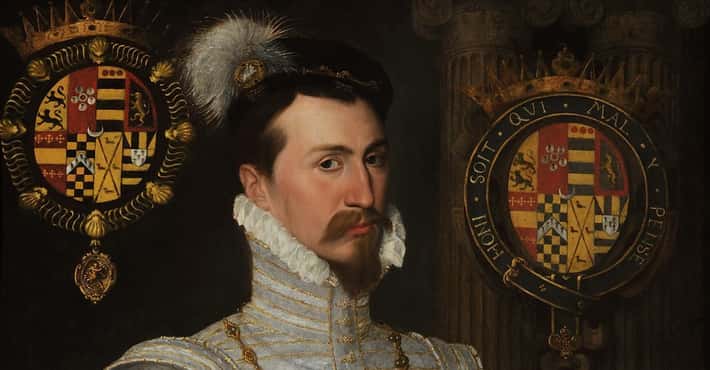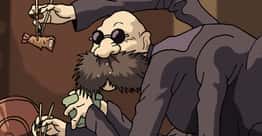How Did A French Military Commander Become King of Sweden And King of Norway?
He Was Anti-Royal In His Youth
Photo: Unknown / Wikimedia Commons / Public DomainFor a man who would later become a king, Bernadotte was staunchly anti-royal in his youth. When the French Revolution erupted in 1789, Bernadotte was among the many who sided with the new Jacobin republican regime. According to some sources, he even had "death to all kings" tattooed on his arm.
Bernadotte distinguished himself and rose through the ranks during France’s subsequent wars. He remained a Jacobin sympathizer, even as France shifted back toward monarchy under Napoleon.
He Almost Became A Lawyer
Photo: Florent Pécassou / Wikimedia Commons / CC BY-SA 3.0Bernadotte’s father, Jean Henri Bernadotte, was a prosecutor in southwestern France. Before embarking on his career as a soldier, the younger Bernadotte had planned to follow in his father’s footsteps. He began an apprenticeship, and seemed on track to take up the family business alongside his older brother. However, when his father died, Bernadotte decided to seek his fortune in the military instead.
His Wife Was Nearly Napoleon's Wife
Photo: Robert Lefèvre / Wikimedia Commons / Public DomainDésirée Clary was just as unlikely a queen as her future husband was a king - and yet she was nearly an empress as well. When her sister married Joseph Bonaparte, Clary came into the orbit of his younger brother Napoleon. The two became engaged in 1795, but never married. Napoleon broke off the engagement to marry Josephine de Beauharnais. Clary, meanwhile, married Bernadotte in 1798.
Napoleon Gave Him An Early Promotion
Photo: Jacques-Louis David / Wikimedia Commons / Public DomainUpon declaring himself Emperor in 1804, Napoleon also elevated 18 generals to marshal status - including Bernadotte. The newly formed marshalate was an eclectic mix. It was made up in part of older commanders for whom the distinction was little more than a ceremonial token of appreciation, Bonaparte loyalists who were being rewarded for their backing of Napoleon’s rise, and young up-and-comers for whom the title was an investment in their future.
Bernadotte fell into a fourth category: potential rivals for power who needed to be appeased. He hadn't supported Napoleon in the coup of 18 Brumaire, the ploy that effectively made him ruler of France. Perhaps Napoleon felt that the new title would keep Bernadotte loyal.
He Became The Prince Of Ponte-Corvo
Photo: Unknown / Wikimedia Commons / Public Domain1805 was perhaps the high water mark of Napoleonic France, marked by dazzling military victories for the new Emperor. During this period, Bernadotte performed so well in battle that Napoleon rewarded him with a royal title, as he sometimes did with his family and his favorite marshals. The former anti-royal revolutionary now lorded over a piece of Italy, and styled himself the Prince of Ponte-Corvo.
His Name Is On The Arc De Triomphe
Photo: Sese Ingolstadt / Wikimedia Commons / CC BY-SA 2.5After his victory at Austerlitz, Napoleon commissioned a monument to France’s greatness (and, of course, his own). That monument was the Arc de Triomphe, located right in the heart of Paris. Construction took nearly 30 years to complete, and Bernadotte had been long gone from France by the time the monument was finished. However, the name "Bernadotte" is still inscribed on the northern pillar.
He Narrowly Dodged Being Tried For Treason
Photo: Antoine Horace Vernet & Jacques Francois Swebach / Wikimedia Commons / CC BY 3.0Despite his powerful position within the Empire, Bernadotte was nearly punished for treason. During Napoleon's campaign against Prussia, the French won great victories at the battles of Jena and Auerstadt in 1806. But Bernadotte hadn't really contributed to the wins - caught between the two battle fronts with ambiguous orders, Bernadotte and his troops did next to nothing. Napoleon accused him of deliberately attempting to sabotage the battles and, according to his reminisces in exile, came close to court-martialing Bernadotte for his actions (or lack thereof).
He Was Shot In The Neck - And Survived
Photo: Unknown / Wikimedia Commons / Public DomainDespite his less-than-distinguished showing in Prussia in 1806, Bernadotte retained his command. The following year, he was on campaign with Napoleon in Eastern Europe fighting the allied Prussian-Russian forces. During a skirmish in the days before the Battle of Heilsberg, Bernadotte was felled by a musketball to the neck.
Writing to the Chief of Imperial Staff, Bernadotte said, "I have been wounded by a ball in the neck. I do not believe my wound is dangerous, but it gives me great pain. Nevertheless, I have not left the field of battle, and you can assure the Emperor that I shall remain on the field so long as my strength enables me to do so."
Miraculously, Bernadotte was back in command within months.
Napoleon Fired Him In The Middle Of A Battle
Photo: Anonymous / Wikimedia Commons / Public DomainThe Battle of Wagram in 1809 was one of Napoleon’s last great successes. But at one point in the battle, it seemed as if his Austrian enemies might prevail. They overwhelmed a portion Napoleon’s army - a portion led by Bernadotte. As Bernadotte galloped to get ahead of his fleeing troops in order to rally them, he was spotted in what looked like outright flight by his commander.
Napoleon reportedly said to the unlucky marshal, "I herewith remove you from command of the corps which you have handled so consistently badly. Leave my presence immediately and quit the Grand Armee within twenty-four hours."
He Was Elected Crown Prince Of Sweden
Photo: Christian Forssell / Wikimedia Commons / Public DomainIn 1810, Charles XIII of Sweden was aging, childless, and without a proper heir. A new Crown Prince had to be found in a hurry. Through machinations within the Swedish Riksdag of the Estates, Bernadotte was chosen as the successor. Napoleon was less than enthused with this development - he called Bernadotte "a serpent whom I was nourishing in my bosom" - but eventually released him from his obligations to France.
His Polite Manners Helped Him Win The Swedish Throne
Photo: Unknown / Wikimedia Commons / Public DomainWhy, out of all Napoleon’s marshals, had Bernadotte been chosen as Crown Prince by the Swedes? The answer requires a look back to Bernadotte’s ill-fated campaign in Prussia in 1806. As hostilities in that region were winding down, Bernadotte took a division of Swedes sent to aide their Prussian allies prisoner. Bernadotte was so polite to the Swedish prisoners and so accommodating to the officers that the division’s leader, Count Moerner, remembered him when the time came to select the man who would be King of Sweden.
He Changed His Name And Religion To Claim The Swedish Crown
Photo: Lokal_Profil / Wikimedia Commons / CC BY-SA 2.5The crown of Sweden did not come free. Bernadotte had to give up his French citizenship and his birth name (he changed his first name to Karl Johan or, in its Anglicized form, Charles John). He had to leave his Catholic religion, too: Sweden had a law in place that its ruler had to practice Lutheranism. The price for the kingdom was one that the newly christened Charles John readily paid.
He Went To War Against His Former Boss
Photo: Alexander Zaureweid / Wikimedia Commons / Public DomainCharles John’s first days as Crown Prince of Sweden saw the country take a neutral course in the ever-raging Napoleonic Wars. That neutrality ended early in 1812, when Napoleon seized what was at that time Swedish territory in Pomerania (modern day northern Germany). Sweden entered the fray, with Charles John as the commander of its forces.
Charles John and the Swedes played a role in the defeat of Napoleon in the Battle of Leipzig in 1813, which involved the most troops of any European battlefield clash until World War One.
He Was Also King Of Norway
Photo: Carl Wilhelm Nordgren / Wikimedia Commons / Public DomainDenmark had been on the losing side of the Napoleonic Wars, and the 1814 Treaty of Kiel forced the country to cede Norway to Sweden. Norway refused to accept the treaty at first, but Charles John invaded and quashed the uprising.
Norway negotiated autonomy, but recognized Charles XIII of Sweden as its king. When Charles John was crowned Charles XIV John in 1818, it was as the King of both Sweden and Norway. The union between the nations remained intact until 1905.
He Commanded Sweden During Its Last Declared War
Photo: Fredric Westin / Wikimedia Commons / Public DomainCharles John made his name and reputation as a marshal in Napoleon's army, one of the most storied fighting forces in history. But this pedigree belied the peaceful nature of his reign as King of Sweden. His efforts to end the uprising in Norway in 1814 would be the last war that Charles John would wage. Not only that, but it would prove to be Sweden’s last declared war.
The Bernadotte Family Is Still On The Throne Of Sweden
Photo: Bengt Nyman / Wikimedia Commons / CC BY 3.0Charles XIV John of Sweden reigned for nearly 26 years before his death in 1844. His son, Oscar I, succeeded him. Even as monarchs in Sweden relinquished practical power, they still continue to descend from Charles XIV John. The current king of Sweden, Carl XVI Gustaf, is the great-great-great-great-grandson of the man formerly known as Jean Bernadotte.


